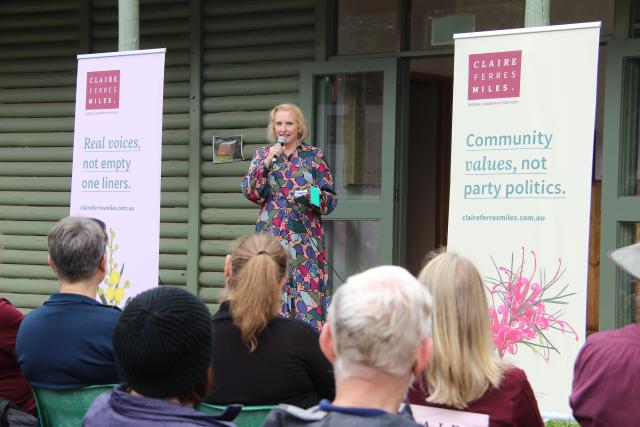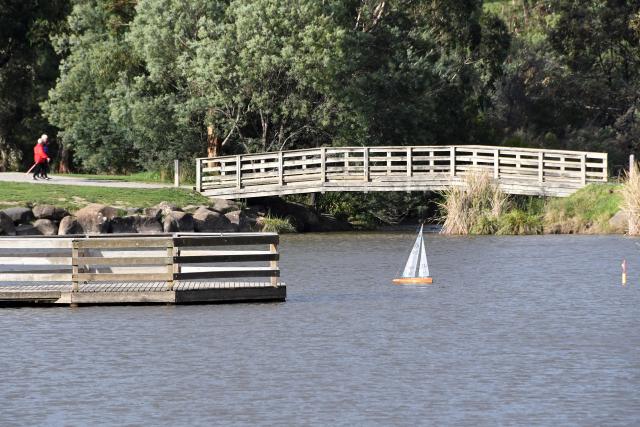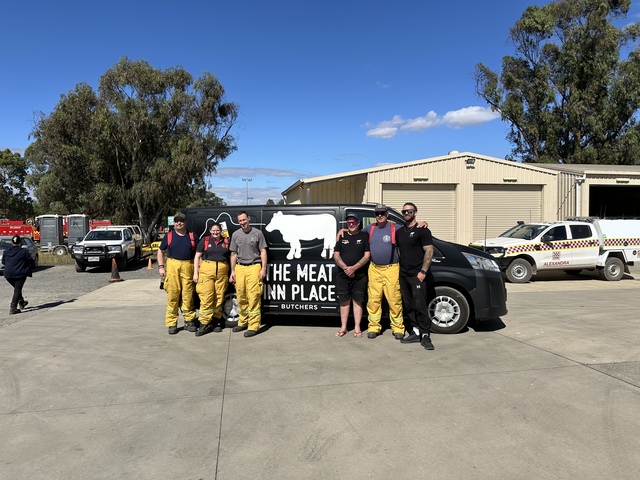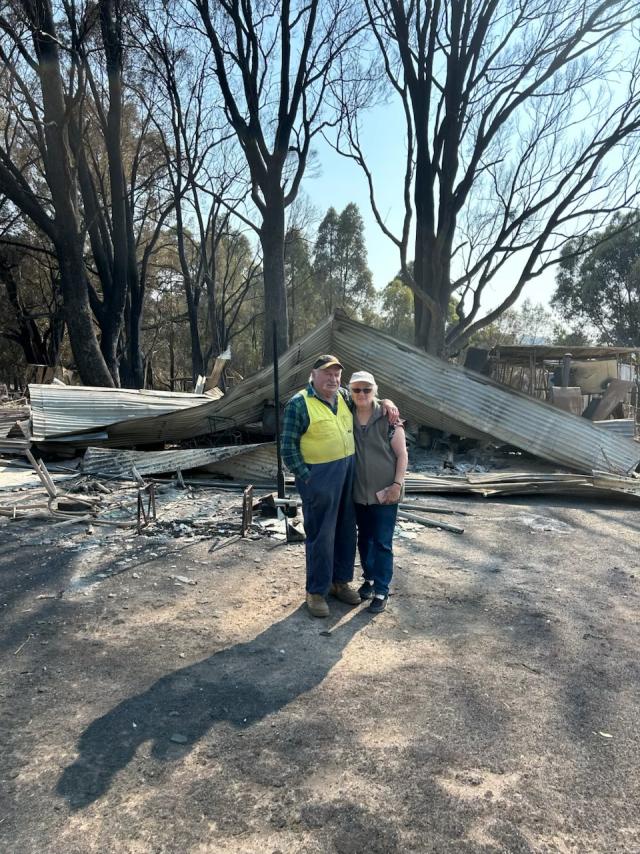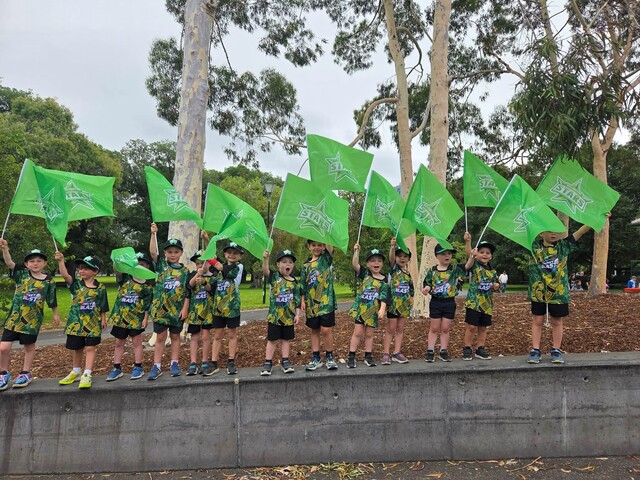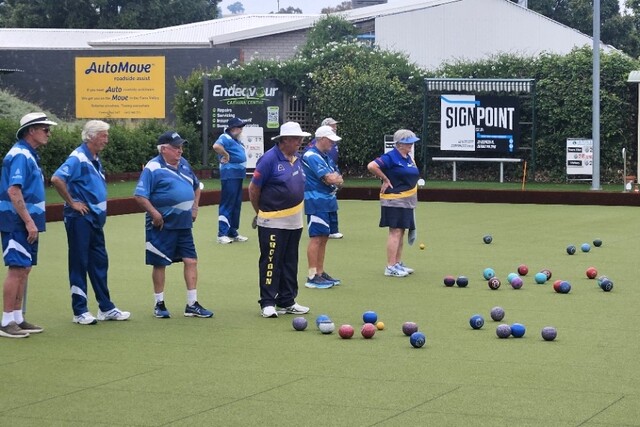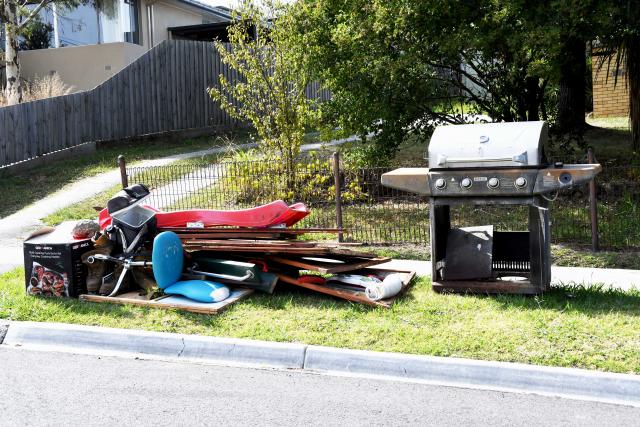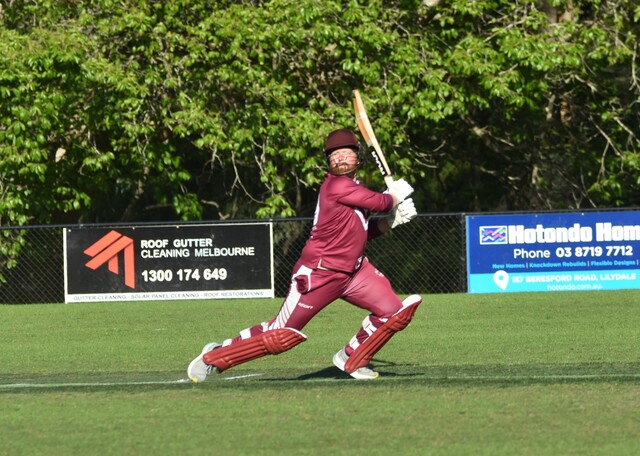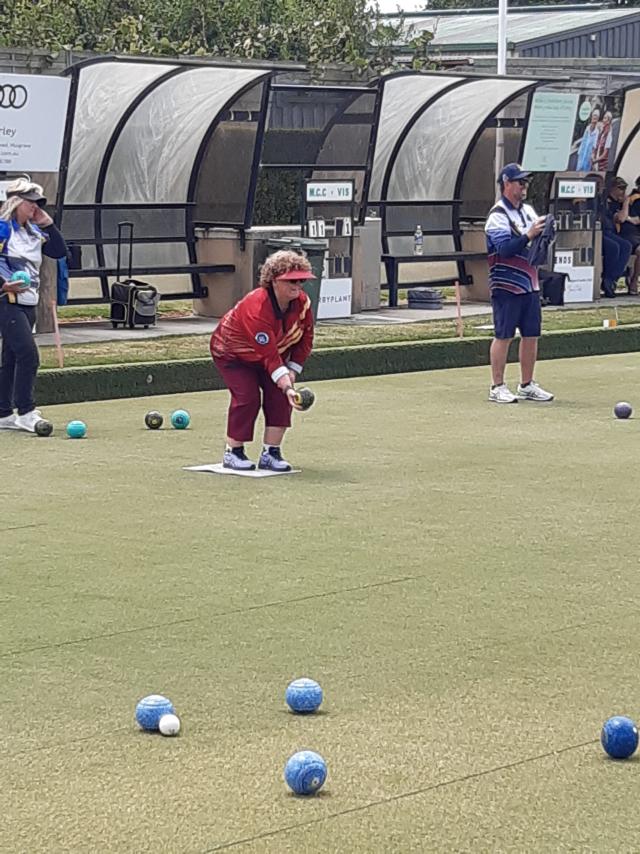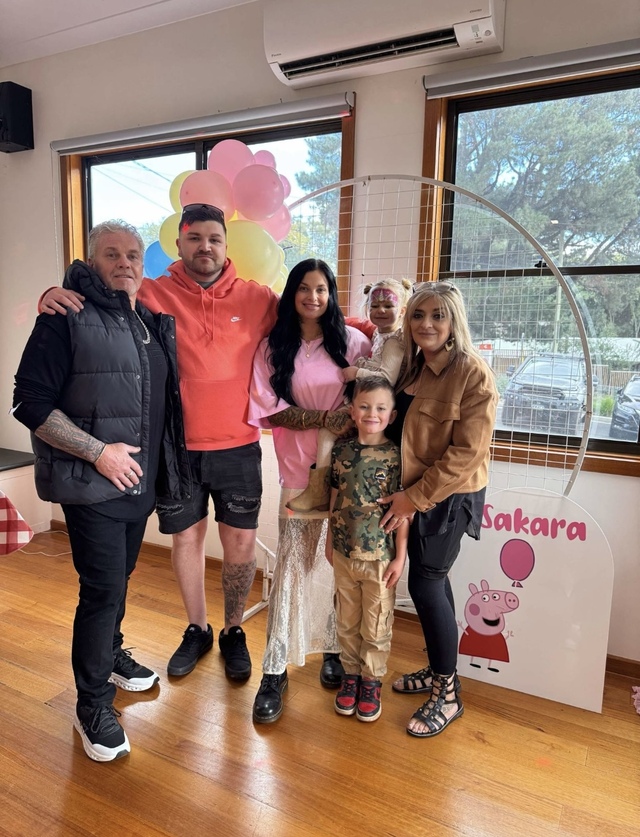A community-driven push for independent candidates is set to be bolstered by further fundraising efforts from Climate 200, provided their values on climate change, political integrity and gender equity among others align.
The marginal seats of Casey and Deakin are on the list of target areas in Climate 200’s Community Accelerator Fund, with Liberal MPs Michael Sukkar and Aaron Violi having only claimed victory over Labor candidates at the last election with margins of 0.2 and 1.5 per cent respectively.
Climate 200 Executive Director Byron Fay said they know from history that it often takes at least two go’s to win as an independent.
“Independent campaigns that might come a close second leave fertile ground for the next independent to win the seat,” he said.
“Strong, local community groups, like the ‘voices of’ groups, are critical to the success of independent campaigns. They find the candidates that represent the community and build the groundswell of support through engaging with voters.”
The Voices 4 Casey group began their search for an independent candidate in January 2022 prior to that year’s election and settled on Claire Ferres Miles, a resident of the electorate who stepped down from her role as CEO of Sustainability to run. Ms Ferres Miles’ campaign was launched 75 days out from the election and was announced alongside funding of over $10,000 from Climate 200.
Mr Fay said Climate 200 was established to help community independent campaigns compete against the major party machines.
“These local groups are volunteer-run and reach into their own pockets to fund things like events and advertising. The more support they can get from the community, including donors, the greater their chance of scaling up and being successful,” he said.
“As history shows, with the right support, community-backed independents can absolutely win,”
“Polling shows that voters are turning away from the major parties and looking to park their votes with community-selected independents who truly represent their interests.”
Ms Ferres Miles secured 8.34 per cent of the vote in Casey in 2022, behind the Liberal, Labor and Greens candidates.
The Community Independents Project (CIP) is continuing to campaign for more community groups such as Voices groups to be established and provide the grounds for people being at the centre of politics, according to CIP Director and the founder of the Voices 4 Indi group Alana Johnson.
“The current provisions for how we campaign in Australia make it very difficult for an independent who has to raise their own funds in order to run a campaign and certainly we all have different opinions about whether there should be tax put on campaign spending, which seems obvious to me., but it leaves independent candidates in a very difficult position,” she said.
“I think the availability of funding is a really important part of shifting the dial in Australia from the dominance of the two-party system, or any party system for that matter,”
“I also believe though that the community independents movement has to make sure that it continues to be anchored by the communities who get behind the campaign and raise their own funds, and that we don’t just end up with a system of candidates putting their hand up and getting funded by an outside force.”
Ms Johnson was present for the launch of the Voices 4 Casey campaign in February 2022 and as a founding member of Voices 4 Indi group, which neighbours the Casey electorate, helped elect independent candidate Cathy McGowan in 2013, and then began the first seat to reelect an independent candidate to replace a retiring independent MP when current Indi MP Helen Haines was successful in 2019.
Ms Johnson said CIP continue to talk about how there are numerous ways to win and unfortunately, the only notion of winning that gets spoken about or reported about is actually winning the seat.
“There are many wins to be had for communities, the whole notion of community independents is based on the fact that people, ordinary people in communities come together and say we want representation, better representation, of somebody who actually represents us and our views and is not locked into party policy,” she said.
“The two-party system isn’t the only way we can have government and the two-party system isn’t the only way that we have representation, in fact, ordinary people can feel a great hope in the fact that they may well be better represented through an independent,”
“Even when you look at electorates where their candidate didn’t get elected in the last federal election, the benefits and the wins for the community have been enormous because people have shifted their views and are looking very differently at the two-party system.”
The Voices of Deakin group has established an online presence via a website, private Facebook group and X (formerly Twitter) account and opened up a community sentiment survey for Deakin residents to share their thoughts and views on what matters to them.
Ms Johnson said there is no recipe for a community independent group, every community finds its own way of doing things.
“I must acknowledge that Climate 200 always say that funding goes to communities who are going to support a candidate, they don’t just pick willy-nilly ‘winner-type’ candidates out of nowhere, they’re looking at communities who are doing the work and the communities who are taking the lead,” she said.
“What happens in each individual electorate depends more on how the community has organised themselves more than it does on the candidate and if there’s a process where the community invites people to consider being candidates and then has a process for interviewing them and selecting them, then that candidate has a head chance anyway because all of a sudden they’ve got this particular community who’s chosen them and is behind them from the start,”
“The most successful win for everybody, including democracy and community, is for the candidate to be brought forth by the community.”

